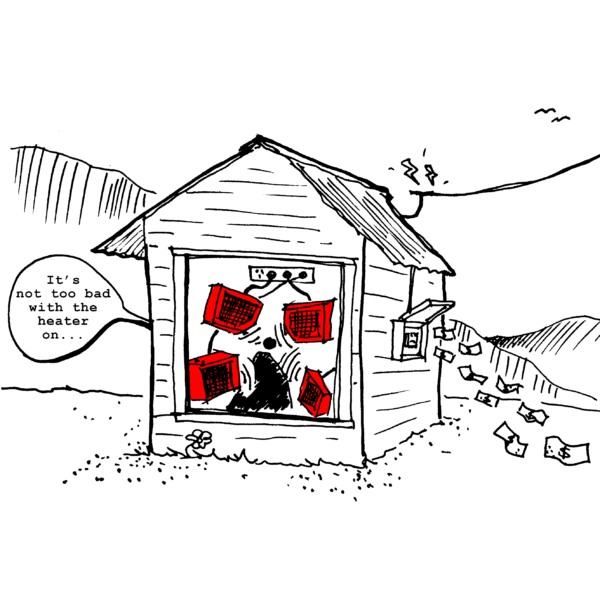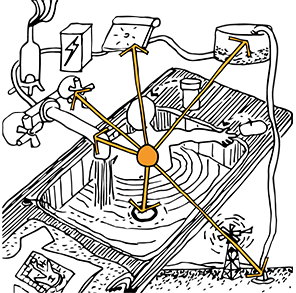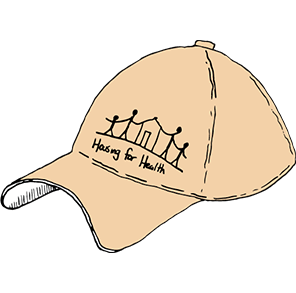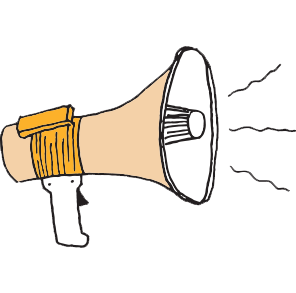NEWS: Over $200 million for cost-of-living energy upgrades in NSW households
Recent media release reveals the Australian and NSW Governments are delivering long-term cost-of-living savings to over 30,000 NSW households.
A $206 million package for energy-saving upgrades in social housing properties and access to solar for low-income renters and apartment residents.

It is long known, the quality of construction and house performance across Australia, historically is poor. Before minimum energy performance requirements were introduced for new housing, the average performance of housing was found to be around 1.5 stars.
Upgrading an average house from a 1-star rating to a 3-star rating can reduce energy consumption by 30% and decrease power bills. Current Commonwealth-NSW energy bill rebates are supporting up to 1.6 million eligible households with $500 to help pay their electricity bills, which shows people’s houses are hurting tenants hip pockets.
Upgrades Overview
Over 24,000 homes will be eligible for upgrades including heat pump hot water systems, ceiling fans, reverse-cycle air conditioners, solar systems, insulation and draught proofing.
The social housing properties will be a mix of NSW Government-owned and managed homes, along with those overseen by community housing providers.
Priority will be given to the least energy-efficient properties – often older homes built prior to minimum construction standards – along with locations that experience extreme heat and cold.
Solar Investment
The Australian Government is also investing $30 million to make sure low-income households and apartment residents can reap the saving of renewables by helping to fund rooftop solar installations on apartments, or accessing a portion of a ‘solar garden’ community energy plot.
- The ‘Solar Banks’ initiative will deliver rebates of up to 50% of rooftop solar installation costs for multi-unit dwellings.
- Low-income households, apartment residents and renters who can’t install or afford onsite rooftop solar will be eligible for a subsidy to purchase an offsite ‘solar garden’ portion of a large scale solar farm under the deal.
More than 10,000 households will be able to access the Solar Banks program, which could save households up to $600 a year.
We are pleased the package will target energy-saving upgrades and, importantly passive modifications such as insulation and draught proofing. Like Health Hardware, such modifications also have a life expectancy and need maintenance, where a maintenance program to ensure long-term benefits are experienced is required. We hope the key fail points across the housing stock are documented and shared to inform future housing stock design, specification, and construction and basic amenities such as functional windows and doors are made a priority in this suite of upgrades. Climate change continues to threaten the most disadvantaged across our communities, such housing priorities will continue to become more pressing.









